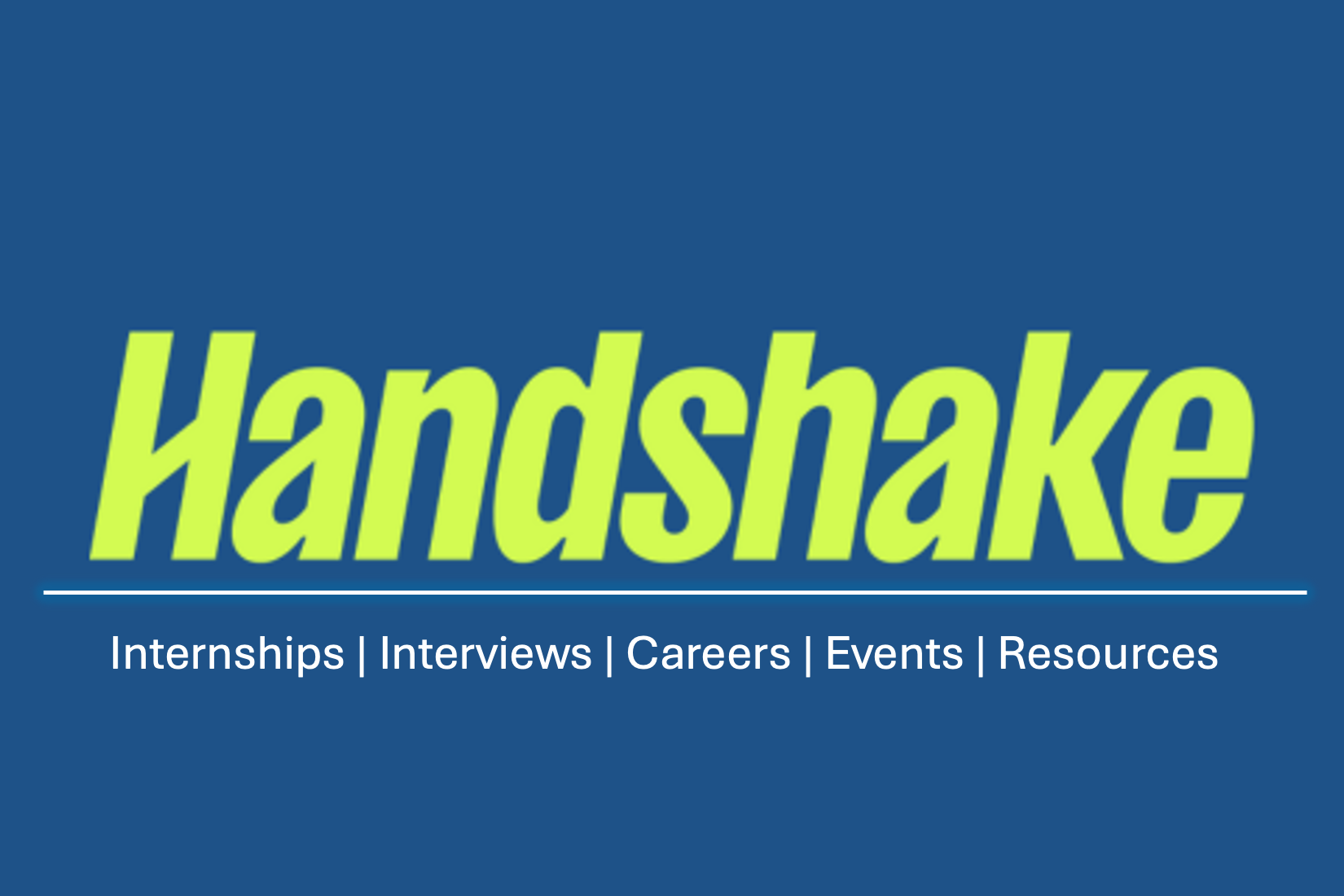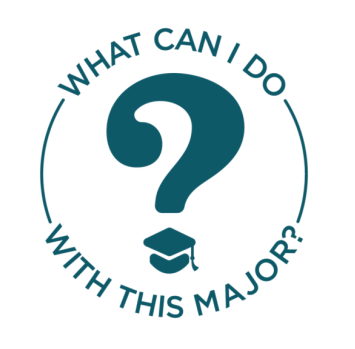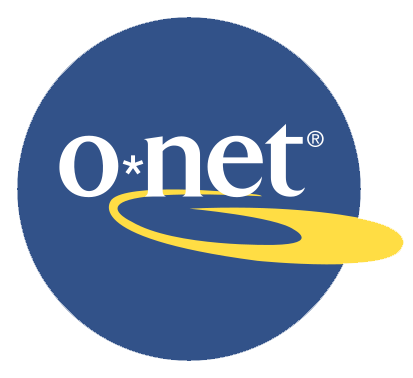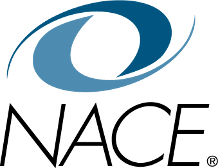Career Services
- Temp Last Modified: 2025-01-08
Welcome to CT State's Career Services department.
Exciting News!
 CT State Community College is thrilled to announce its new partnership with Handshake, a leading online platform designed to seamlessly connect our students and alumni with employers. Get ready to discover incredible job and internship opportunities through Handshake!
CT State Community College is thrilled to announce its new partnership with Handshake, a leading online platform designed to seamlessly connect our students and alumni with employers. Get ready to discover incredible job and internship opportunities through Handshake!
All students and employers will receive an invitation to create their Handshake accounts within the next four weeks. Stay tuned for more exciting updates!
Services Offered
Career Services departments can be found on most campuses. Services offered vary by campus. Please consult with your home campus on what may be available to you. The following is a representation of some of the services you may find:
- Individual Career Advising
- Resume and Cover Letter Reviews
- Career Assessments (Focus 2)
- Interviewing Skills
- Support Building Your LinkedIn Profile
- Job Search Skills and Techniques
- Career-Related Events and Workshops
- Career Exploration Guidance
- Job Postings (On and Off-Campus)
- Recruitment Events & Information Sessions
Find a Career Services Office
-
You may access career services on your home campus and/or on the campus where you're currently taking CCS 1001-College and Career Success. Find your career services office from the list above.
-
Asnuntuck Career Services
Gregg Gorneault, Guided Pathways Advisor II & Career Services Associate
Phone: 860-253-1282
Email: gregg.gorneault@ctstate.edu -
-
Capital Career Services
-
Linda Lopez, Career Services Educational Assistant
Phone: 860-906-5074
Email: linda.lopez2@ctstate.edu
Location: 305G -
-
-
Gateway Career Services
Department Email: GW-CareerServices@gwcc.commnet.edu
Kathleen Ahern, Director of Career Services
Phone: 203-285-2072
Email: Kathleen.ahern@ctstate.edu.
Location: Room N104 -
Housatonic Career Services
Anisha Thomas, Director of Career Services
Phone: 203-332-5983
Email: anisha.thomas@ctstate.edu
Location: Lafayette Hall, B145Career Services appointments are offered via phone, WebEx and in-person (by appointment).
-
Manchester Career Services
Julie Greene, Director, Career Services and Cooperative Education
Phone: 860-512-3372
Email: julie.greene@ctstate.edu
Location: Student Services Center, 1st Floor, L-127A free video-based platform for Manchester students to job interview skills
-
Middlesex Career Services
Dr. DeWayne Pryce
Founders Hall, Room 124
dewayne.pryce@ctstate.edu
860.612.7032
Please email dewayne.pryce@ctstate.edu for an appointment. -
Naugatuck Valley Career Services
Waterbury Campus
Antony Wormack, Director of Career Services (CJPCO)
Phone: 203-575-8158
Email: NV-JPC@ctstate.edu
Fax: 203-596-8794
Location: L524, 5th Floor WalkwayDanbury Campus
Please contact the Waterbury Career Services office to schedule an appointment. -
Northwestern Career Services
Laura McCarthy, Director of the Academic Success Center
Phone: 860-738-6351
Email: laura.mccarthy@ctstate.edu(Choose McCarthy, Laura L. from the list on form)
-
Norwalk Career Services
Department Email: NK-CareerCenter@ctstate.edu
Location: West Campus, Suite W118Kiran Somaya, Director, Career Development and Experiential Learning Center
Phone: 203-857-7032
Email: kiran.somaya@ctstate.eduAlexis Pantello, Job Developer
Phone: 203-857-7066
Email: alexis.pantello@ctstate.edu -
Quinebaug Valley Career Services
Peter Bennett, Director of Career Services
Phone: 860-932-4090
Email: peter.bennett@ctstate.edu
Location: W107D -
Tunxis Career Services
Samuel Kapros, Guided Pathway Advisor II
Phone: 860-773-1702
Email: tx-careerservices@ctstate.edu
Career Exploration Resources
Focus2

FOCUS-2 enables students to assess their values, skills and interests and explore career fields and major areas of study that are compatible with their assessment results.
To get started, use your school login credentials to access myCTState and you will find the link to FOCUS-2 in one of the tiles on the CT State portal landing page. Follow the instructions to create an account and begin exploring!
Accessing Focus 2 Career (Students)
A guide for new users on initial login steps and how to set up and navigate your Focus 2 Career account
Focus 2 Video Tour
An in-depth overview of the updated Focus 2 Career platform, including its features like self-assessments, major and career matching and job readiness resources
Other Resources
What Can I Do With This Major

What Can I Do With This Major? is a website featuring 100 major profiles, which include information on common career paths, types of employers that tend to hire in the field, and strategies to maximize opportunities.
What Can I Do With This Major?
O*NET OnLine

The Occupational Information Network (O*NET) is a free online database that contains hundreds of job definitions to help students, job seekers, businesses, and workforce development professionals understand today's world of work.
Discover your interests with the O*NET Interest Profiler and find more exploration options at My Next Move.
Job Search Resources
Job Search Platforms
- CTHires.com
- Idealist.org (Non-profit jobs, volunteering, etc.)
- Indeed.com
- USAJobs.gov (The federal government's official employment site)
- ZipRecruiter.com
Information Gathering
- CT Dept. of Labor (Labor Market Information)
- CT.gov Employment Resources
- NACE Salary Calculator
- Glassdoor.com (Identify Salary Ranges)
Career Readiness Resources and Tools
NACE (National Association of Colleges & Employers)

NACE is the leading source of information on the employment of the college-educated, and forecasts hiring and trends in the job market; tracks starting salaries, recruiting and hiring practices, and student attitudes and outcomes; and identifies best practices and benchmarks.
NACE is the leading source of information on the employment of the college-educated, and
- forecasts hiring and trends in the job market
- tracks starting salaries, recruiting, and hiring practices
- monitors student attitudes and outcomes
- identifies best practices and benchmarks
Career Readiness For the New College Graduate
(NACE Competencies)
What is Career Readiness?
Career readiness is a foundation from which to demonstrate requisite core competencies that broadly prepare the college-educated for success in the workplace and lifelong career management. Career readiness provides a framework for addressing career-related goals and outcomes of curricular and extracurricular activities, regardless of the student’s field of study. For employers, career readiness plays an important role in sourcing talent, providing a means of identifying key skills and abilities across all job functions; similarly, career readiness offers employers a framework for developing talent through internship and other experiential education programs.
This career readiness mapping process was created by CT State Norwalk Career Services staff, but the steps for exploring and starting your career may be useful to all students.
Additional Information For:
-
Students
Please contact your home campus Career Services staff members for more personalized assistance with your job search and career decision-making. They will direct you to more resources based on your specific area of interest or need. Resources might include links to relevant and useful websites, assessment tools to help you prepare for your career, sample resumes and cover letters, lists of professional organizations and associations, occupational outlook information, videos created by CT State faculty and more!
-
Employers
CT State Career Services offers many ways to partner with your organization:
- Post jobs and internship opportunities through our online job board platform Handshake
- Schedule a recruitment table or an information session (virtual and in-person) to effectively promote your organization, publicize job opportunities and connect with talented students
Build your brand on campus:
- Conduct virtual career workshops for CT State students on topics that will help them as they start networking and searching for jobs
- Engage in employer presentations, information tables, panel discussions and guest speaking opportunities (virtual and on-campus)
- Connect with CT State clubs and organizations
- Participate in career and networking events
*Not all services are available on each campus. Please contact your local campus to learn more.
-
Faculty
CT State’s Career Services department believes that all students are on a career path—whether they are heading straight into the workforce or hoping to transfer to a four-year degree program.
As a faculty member, you play a crucial role in creating awareness about our services, events, and programs. Our hope is that all faculty will refer students to meet with a career services staff member and are grateful to faculty who regularly partner with us by integrating career readiness into classroom projects, allowing time for in-class presentations, and/or encouraging students to take advantage of all that we have to offer. Please contact us at our respective campuses listed below to refer a student, request an in-class presentation, or to collaborate on a career related program, alumni career panel, or guest speaker event.
-
Parents and Families
Welcome family, parents, and guardians! You can help your CT State students start career planning by encouraging them to take advantage of the resources and services available to them in career services. We help with career exploration, resume writing, cover letter writing, interview skills, finding a job and more.
Mission Statement
CT State Career Services provides comprehensive programs, activities and services that assist you (students and alumni) in exploring career options, identifying opportunities and preparing to achieve your career aspirations. We also help you in building your personal brand and understanding how your skills and competencies can best fit in the world of work. The career services staff are committed to taking a collaborative approach when working with internal and external stakeholders/parties to ensure that you are connected to resources and experiences and receive the best support possible in pursuit of your educational and career goals.
*Focus2 Privacy Statement
CT State has provided you with access to Focus2. Your full name and e-mail address were shared with Focus2 in order to establish single sign-on access for your convenience; however, further engagement with Focus2 is voluntary. Please review the Focus2 Privacy Policy before using Focus2 services. See CT State’s Website Privacy Notice.
Privacy Standard Disclaimer for All Other Web Resources/External Links
External links to other sites outside of the ctstate.edu domain are being provided as a convenience and for informational purposes only; they do not constitute an endorsement or approval by CT State Community College of any of the products, services or opinions of the corporation, or organization or individual. CT State Community College bears no responsibility for the accuracy, legality or content of the external site or for that of subsequent links. Contact the external site for answers to questions regarding its content.
Please note: All web content, images and pages on CT State Community College’s website containing one or more links to external Internet sites may carry the above statement, in its entirety.
- Hits: 84601